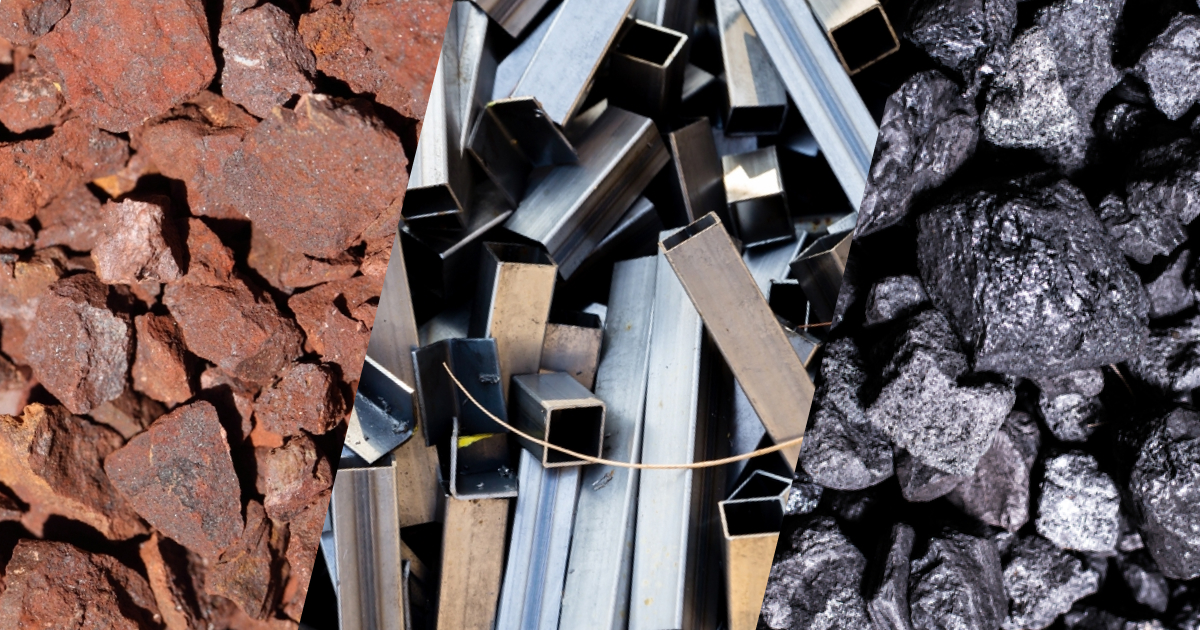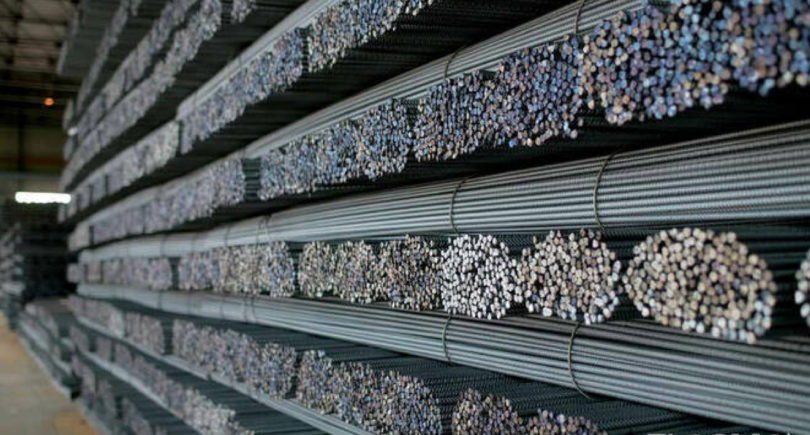
News Global Market scrap prices 1337 06 October 2023
Further positive dynamics are at risk due to the potential deterioration of the Chinese economy
Prices for steel raw materials are adjusted after reaching peak values in the second half of September. The coking coal market stands out from the general trend, where prices are supported by limited supply.
Scrap market
Scrap prices in Turkiye during September 28 – October 5, 2023, decreased by $4/t compared to the previous week – to $368-371/t CFR. On the Chinese market during this period, the price of raw materials did not change much – $389.51/t. In the US, as of October 6, scrap prices ranged at $345-347/t FOB compared to $343-347/t FOB a week earlier.
Trade on Turkish market last week was quiet. Prices on the domestic scrap market remained stable, while import prices slightly decreased due to fresh orders from the USA. Weak activity in the market is caused by low demand for Turkish rebar in export markets. At the same time, steel sales also slowed down in the domestic market, which is the main consumer of products. Recently, local steelmakers had to raise prices for rebar due to rising electricity and gas tariffs.
Amid slowing purchases of scrap on the Turkish market, European suppliers began to send raw materials to Egypt at a price of $366-367/t CFR. This shows that they are ready to sell raw materials to Turkiye at a similar price, but there is no demand yet.
In China prices remain stable, as the first decade of October is a holiday in the country, so there is no trade activity.
Scrap market in USA remains weak ahead of October trading amid uncertainty. While there are many factors affecting trade, two of them have the biggest impact on future prospects: the escalation of the strike in the auto industry and the resulting plant downtime.
Market participants expect high-grade scrap prices to remain at high levels, while low-grade scrap prices will decline. During September, the market saw an upward trend thanks to export demand, but no such support is expected at the moment. The strike may also affect the supply of raw materials, so a sharp collapse in prices is not predicted, but growth should not be expected either.
Coking coal market
Coking coal quotations in Australia for the week of September 27 – October 4, 2023, rose sharply by $27.2/t, or 8.2% – up to $358.25/t FOB. At the same time, a slight increase was observed on the Chinese market – by $2/t, or 0.7%, to $280/t.
On the one hand, the positive trend is supported by the spot market. Due to decreasing margins for steelmakers and falling steel prices, most steelmakers choose to purchase only small volumes of raw materials in the spot market, where prices are traditionally higher than in long-term contracts. On the other hand, prices are supported by tight supply as major mining companies have low volumes of cargo to trade in the fourth quarter.
Iron ore market
The Chinese iron ore market began a one-week holiday break on September 29. At the same time, the latest futures on the Dalian Commodity Exchange traded at $116.64/t, which is 5.4% below the September peak ($123.37/t). The September growth of the market was due to the increase in imports and the decrease in port stocks. In addition, participants’ mood improved due to signs of recovery in the housing sector, in particular, in the form of an increase in the issuance of new bank loans.
In general, raw materials markets showed a significant rise in September. The peak price of scrap in Turkiye was at the level of $379/t (September 11), while this level of prices was last observed at the beginning of July. Coking coal continues to grow at a rapid pace, reaching the maximum since February 2023. The iron ore market also rose through mid-September, peaking at current steel sales.
The scrap market grew due to increased purchases from Turkiye. Local steelmakers actively bought raw materials amid stable domestic demand. At the same time, China made a significant contribution to the rise of raw materials markets. Chinese steelmakers are actively ramping up steel output as the country’s authorities still haven’t imposed production limits in 2023.
Because Chinese steelmakers have an advantage over most competitors in the global market due to lower costs, China produces large volumes of steel. Moreover, production volumes do not correspond to domestic demand, so a significant part of steel products is sent to export markets, in particular the EU, at much cheaper prices. This, in turn, forces local producers to shut down capacity and limit production, as imports are more profitable for buyers.
Thus, the increase in prices for steel raw materials does not reflect the real state of the steel market.
«The Chinese market is under the influence of expectations of economic stimulus from the government. However, these expectations are not supported by real actions. The incentives that have already been adopted have a prolonged effect and are unable to quickly affect the growth of demand for steel,» GMK Center analyst Andriy Glushchenko noted.
As GMK Center reported earlier, previously the international rating agency Fitch Ratings reviewed the forecast of iron ore prices in 2023 on the upward trend – up to $110/t compared to $105/t in the previous forecast. The agency also raised its coking coal price forecast to $250/t from $220/t.



